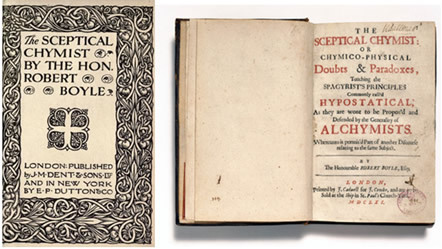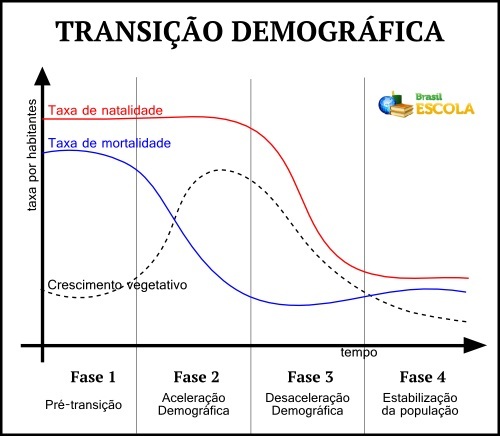Robert Boyle was born in the year 1627, in a distant castle at Lismone Castle, in the southwest of Ireland. He was the fourteenth son of an elderly earl, who was the richest man in Ireland, so his upbringing was quite sophisticated and also allowed him to travel throughout Europe. These trips made Boyle familiar with the thoughts of scientists at the time, such as the teachings of Galileo Galilei.
So he went to England, where he had received some property from his father. Even with thirteen siblings, the money Boyle received from his father allowed him to calmly devote himself to scientific studies. Every year he received 3,000 pounds in 17th century cash, which is now equivalent to around 8 million reais a year. It sure was a very good amount!
Going to England was also very good for Boyle in yet another respect, as the mood there was one of change. Alchemy was being left behind and Francis Bacon had proposed a new method of thinking about the world, which was based on experimentation, not only on philosophical argumentation, as it was done before.
Boyle was like that in his studies, he was even differentiated from his predecessors because he was firmly attached to the scientific method. He was known as the first scientist to keep detailed notes of the results he obtained in his laboratory. He was concerned not only with the qualitative aspect, but also with the quantitative aspect, taking note of step by step the experiments he carried out, comparing the results and making hypotheses.
That's why many scholars consider that Chemistry did not arise from alchemy, but from a differentiated movement, which started from the 17th century, with the central figure of Robert Boyle and his studies on a mechanistic basis, denying any magical explanation for the phenomena natural. Thus, he is considered one of the founders of Chemistry.
His main object of study was the gases, which he really studied very hard. In his most famous work, the book The Skeptical Chymist (The Skeptical Chemist), published in 1661, Boyle changed the interpretation of Chemistry of his time, as well as criticizing the conceptions of the alchemists and their teachings on the transmutations of metals, he also explained the concept of element. Including the prefix alchemy (alchemy) was eliminated by Boyle and thereafter this field of study was renamed Chemistry, because it started to have a maturity of science really, with an increasingly concrete and quantitative.

However, a contrasting aspect is that Boyle nevertheless devoted much of his time to the study of alchemy, although supporting a theoretical-scientific justification, as he considered it with more quantitative eyes than the alchemists of the past.
Another important work by Robert Boyle was the second edition of New Experiments (New Experiments), in which he related his experience with the vacuum pump and the law that became known as boyle's law, which is listed below:

Mathematically, this law is expressed by the following formula:

Also, in 1664, in his book Experiments and Considerations touching Colors (Experiences and Considerations About Colors), he performed the first description of chemical indicators.
Boyle was also the founder of Royal Society of Sciences of England (Royal Society). In fact, it all started when, in England, he began to associate with other British intellectuals and he then founded a secret society aimed at advancing the new experimental science, which came to be called in Invisible College. However, in 1663, they received support from King Charles II and, in this way, became the Royal Society, which is to this day one of the most prestigious scientific organizations in the world.
Robert Boyle died at the age of 64, in the year 1691, in London. But even after his death, a posthumous book of his was released in 1692, called General History of the Air, and to this day studies of it provide the basis for various scientific researches.
By Jennifer Fogaça
Graduated in Chemistry
Source: Brazil School - https://brasilescola.uol.com.br/quimica/robert-boyle-quimico-alquimista.htm



